
Report
The Effect of Covid-19 and Disease Suppression Policies on Labor Markets
A Preliminary Analysis of the Data
Brookings Institution,
2020
Read offline
áudio gerado automaticamente
1×
Faça o Login para ouvir o resumo em áudio.
áudio gerado automaticamente
Recommendation
How can governments contain the coronavirus without doing severe damage to workers? The challenge is ongoing, testing policy makers’ mettle and ability to act strategically. In this astute analysis, economists Jonathan Rothwell and Hannah Van Drie look at the initial results of measures taken in 20 nations. Their tour of the countries’ different approaches highlights that those economies doing the best at navigating the treacherous path between physical affliction and economic ruin are focused on buttressing the employer–employee relationship.
Summary
About the Authors
Jonathan Rothwell and Hannah Van Drie are economists at the Brookings Institution.
By the same authors
Report
Learners who read this summary also read
Article
Article
Report









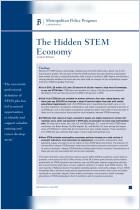
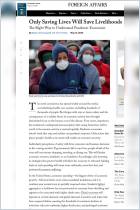
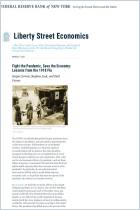
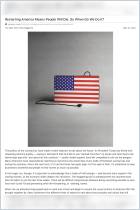
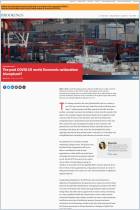
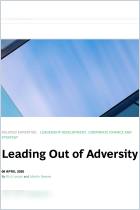
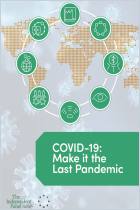

Comment on this summary or Iniciar a Discussão